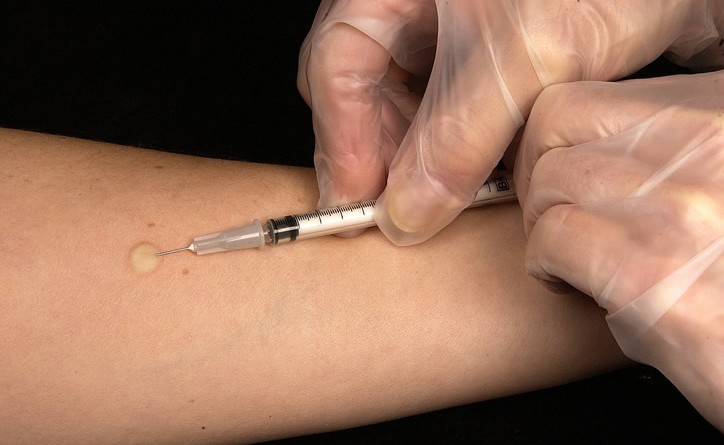Shingles is a painful and persistent condition that causes rashes and blisters to develop across a person’s body. While it’s rarely fatal, shingles can be debilitating, and symptoms may last longer than a month.
Thankfully, a vaccine known as Zostavax has been developed which can potentially prevent breakouts. Here is a look at some of the most important things you need to know about Zostavax.
Why is the shingles vaccine important?
Both shingles and chickenpox share the same origin—the varicella-zoster virus. When a person recovers from either one of these conditions, this virus is not eliminated from the body. Rather, it stays dormant in nerve cells and has the potential to reactivate later in life. Because the virus persists, the shingles vaccine is important for preventing these flare-ups later in life.
How does the shingles vaccine work?
Like most vaccines, Zostavax contains a weakened form of the varicella-zoster virus. Introducing it into the body stimulates an immune system response that will hopefully encourage it to fight off the virus in the event that it ever flares up again. Current statistics estimate that this vaccine is about 50% effective at preventing new shingles breakouts.
Who should get the vaccine?
The CDC recommends that everyone over the age of 60 should get at least one dose of the Zostavax vaccine. Even if you have never had chickenpox or shingles, it’s still possible to contract the virus from others if your immune system is compromised—which is a particularly big problem for older people.
Who shouldn’t get the vaccine?
People with gelatin allergies shouldn’t receive the shingles vaccine because it is a primary component. Additionally, people suffering from HIV, AIDS, or any other immune system disorder should avoid it as well. If you’re currently receiving cancer treatments such as chemotherapy, it’s also recommended that you avoid Zostavax. This vaccine is also currently unapproved for anyone under the age of 50.
What are the potential side effects?
Most people experience little to no side effects after receiving the vaccine. However, soreness, itching, and swelling at the injection site are possible, and in extreme cases, some people may experience headaches afterward.
Featured Image Source: pixabay.com




